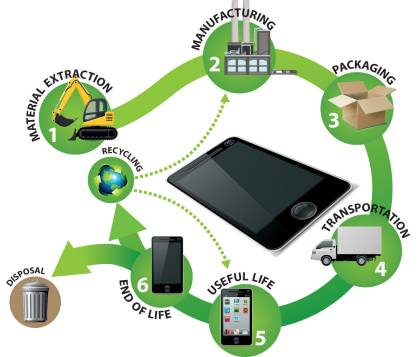
In the rapidly evolving landscape of technology, smartphones have become an indispensable part of our daily lives. With new models constantly hitting the market, it’s not uncommon for users to upgrade their devices regularly. However, the environmental impact of this constant cycle of consumption and disposal cannot be ignored. Enter smartphone recycling, a crucial aspect of sustainable living that aims to minimize electronic waste and promote responsible consumption.
The Growing Issue of Electronic Waste:
Electronic waste, or e-waste, is a global concern as the discarded devices contribute significantly to environmental pollution. Smartphones, being a major contributor to this issue, contain hazardous materials such as lead, mercury, and cadmium 手機回收價格. Improper disposal of these devices can lead to the release of harmful chemicals into the environment, posing risks to both human health and ecosystems.
The Importance of Smartphone Recycling:
- Resource Conservation: Recycling smartphones helps recover valuable materials like gold, silver, and copper. Extracting these metals from raw materials is energy-intensive and often involves environmentally damaging mining practices. By recycling, we reduce the need for new mining activities, conserving natural resources and minimizing the environmental impact.
- Hazardous Material Management: Smartphones contain hazardous substances that, when not properly handled, can pose severe risks. Recycling facilities are equipped to extract and dispose of these materials safely, preventing them from entering landfills and contaminating the soil or water.
- Energy Savings: Manufacturing new smartphones requires a significant amount of energy. By recycling and reusing materials from old devices, we can reduce the demand for energy-intensive processes involved in the production of new phones. This contributes to a decrease in greenhouse gas emissions and lessens the overall carbon footprint associated with smartphone manufacturing.
- Reducing Landfill Burden: E-waste often ends up in landfills, leading to environmental degradation and the release of toxic substances. By recycling smartphones, we divert these devices from landfills, alleviating the burden on waste management systems and preventing the release of harmful pollutants.
- Promoting a Circular Economy: Smartphone recycling is a key component of the circular economy, where products are designed to be reused, refurbished, or recycled. This approach minimizes waste, extends the lifespan of products, and reduces the overall environmental impact of consumer electronics.
How to Recycle Smartphones:
- Manufacturer Programs: Many smartphone manufacturers have initiated recycling programs where users can return their old devices. These programs often include incentives like discounts on new purchases, making it a win-win for consumers and the environment.
- Electronic Waste Recycling Centers: Numerous e-waste recycling centers accept old smartphones. These facilities are equipped to handle the proper disposal and recycling of electronic devices, ensuring that hazardous materials are managed safely.
- Retailer Takeback Programs: Some retailers offer takeback programs, allowing customers to drop off their old smartphones for recycling when purchasing a new device. This initiative encourages responsible disposal and reduces the environmental impact of electronic waste.
Conclusion:
Smartphone recycling is a vital step towards a more sustainable future. As consumers, we play a crucial role in mitigating the environmental impact of our electronic devices. By choosing to recycle our old smartphones, we contribute to resource conservation, reduce electronic waste, and support the shift towards a circular economy. Embracing smartphone recycling is not just a responsible choice; it’s an essential part of building a greener and more sustainable world for generations to come.